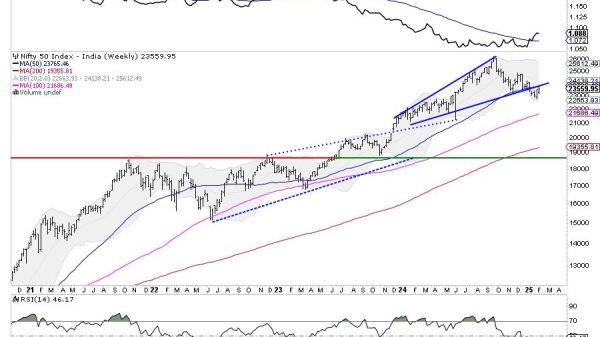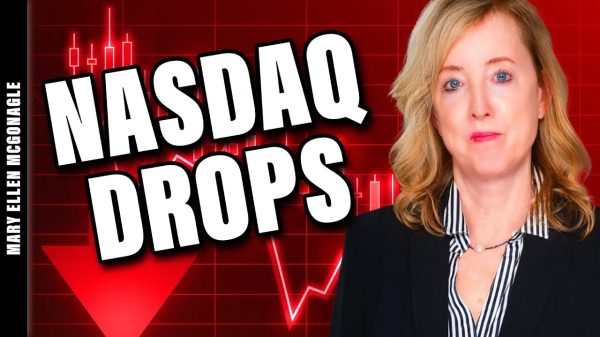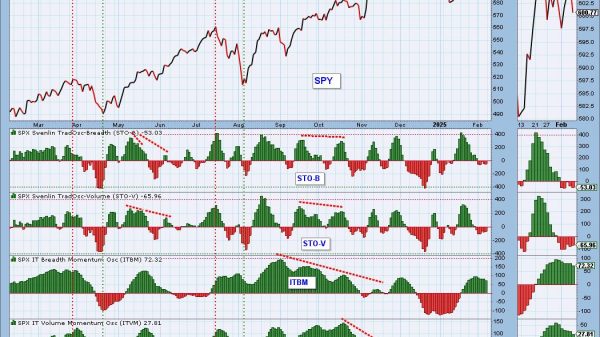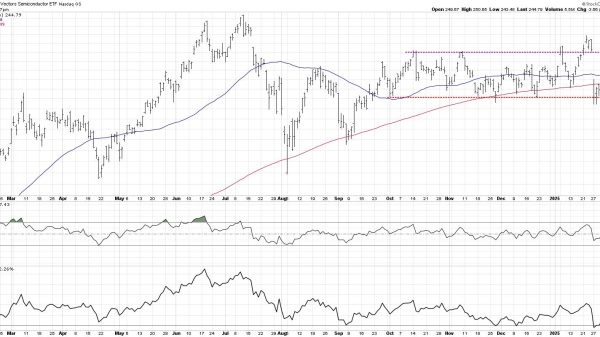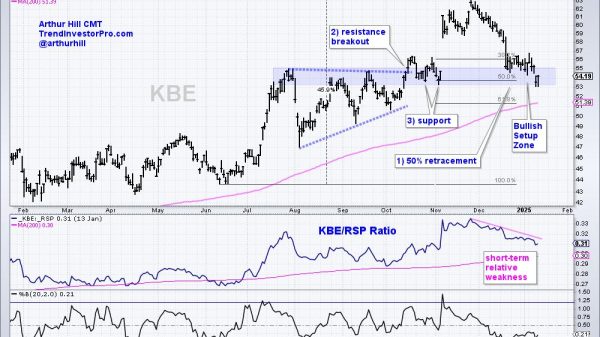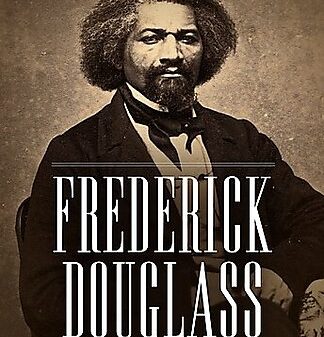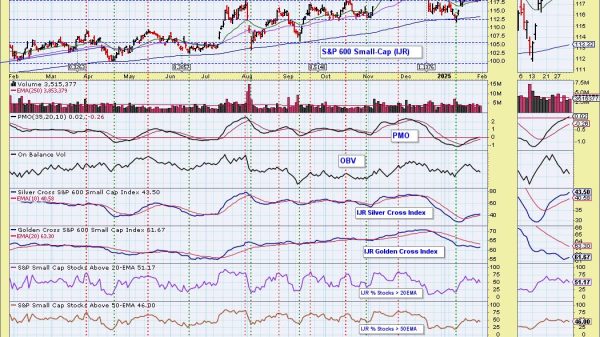
When BrewDog was storming into the mainstream a decade ago, few could have predicted that one of Britain’s most famous craft brewers would one day become so reliant on JD Wetherspoon.
Yet industry figures suggest that the pub chain’s 794 venues now account for a substantial portion of BrewDog’s remaining draught distribution. If that relationship falters, the company’s flagship Punk IPA risks vanishing from much of Britain’s pub trade altogether.
For a brewer that built its reputation on challenging the big beer brands and convincing landlords to swap Carling for craft, it is an awkward reversal. What was once a disruptive force is now clinging to the mass-market pub estate of Tim Martin’s Wetherspoon empire to keep volumes flowing.
Founded in 2007, BrewDog quickly became synonymous with the UK’s craft beer boom. Marketing stunts — from parading a tank through Camden to brewing beer in taxidermy animals — made headlines, while its aggressive “Equity for Punks” crowdfunding brought in thousands of small investors. Punk IPA became the country’s best-known independent beer, carried by chains and independents alike.
But today’s picture is starkly different. Industry data shows BrewDog’s beers have disappeared from almost 2,000 pubs in the past two years, with Punk IPA distribution down more than 50 per cent. Chains and managed groups have quietly axed the brewer’s taps, preferring rival brands such as Camden Town (owned by AB InBev) or Beavertown (owned by Heineken).
The contraction is partly down to the economics of the pub trade. With rising costs, many groups have simplified their ranges and leaned heavily on deals with larger brewers. Yet BrewDog’s own brand controversies and financial woes have compounded the squeeze.
BrewDog has posted two consecutive years of heavy losses — £59m in 2023 and £30.5m in 2022 — and new chief executive James Taylor has admitted that this year will also see red ink. In July, the company announced it was shutting ten of its own bars, including its flagship Aberdeen site, citing commercial unviability.
Behind the financial strain lies a deal with US private equity firm TSG Consumer Partners, which invested in 2017. The arrangement requires BrewDog to deliver an 18 per cent annual compounding return, a structure that has created constant pressure to grow profits and jeopardises the stakes of its thousands of “Equity Punk” shareholders.
The result has been a company caught between conflicting identities: a punk outsider that still wants to appeal to its fanbase, and a corporate brewer beholden to investor demands.
That tension explains why the JD Wetherspoon deal is now so important. Wetherspoon offers volume, visibility, and a nationwide presence. For many casual drinkers, ordering a Punk IPA in a Wetherspoon may be their only encounter with the brand.
But the reliance is dangerous. As one industry insider noted: “If they ever lost the JD Wetherspoon deal, then that’s Punk IPA done as a [pub trade] product.” The pub chain itself is known for its relentless cost discipline and willingness to renegotiate terms. Should Martin decide BrewDog no longer offers value, or if rivals undercut it, BrewDog could lose a huge chunk of its UK distribution overnight.
It is a fragile foundation for a brewer that once prided itself on being indispensable.
BrewDog insists that its strategy is shifting towards “high-impact channels” such as festivals, stadiums and independent pubs, rather than relying on the mainstream trade. Its beers are increasingly visible at music events and sporting venues, while the company pushes exports and retail sales through supermarkets.
There is logic to this. The craft beer market has matured, and the pub trade is no longer the sole route to consumers. Yet BrewDog’s problem is deeper than channel strategy: it is one of brand credibility.
The allegations of a “toxic” workplace culture, leadership turnover, and criticism of its 2017 private equity deal have left a dent in its reputation among core craft beer drinkers. Competitors such as Camden and Beavertown, despite their corporate ownership, are viewed as more consistent and less controversial. Meanwhile, smaller independent brewers are thriving in local markets where authenticity and connection matter most.
For BrewDog, regaining that credibility means more than rebranding its cans or chasing festival contracts. It will require rebuilding trust with its community, redefining what “punk” means in 2025, and showing that the company still has a genuine point of difference.
BrewDog’s reliance on JD Wetherspoon is both a symptom and a symbol of its current predicament. It reflects how far the brand has retreated from its insurgent heyday and how fragile its distribution model has become.
Yet there remains a route forward. Craft beer still commands loyalty, and Punk IPA retains recognition on a scale most rivals can only dream of. If BrewDog can stabilise its finances, ease investor pressures, and re-establish its cultural credibility, it may yet avoid the fate of becoming a footnote in the craft beer story.
But for now, the company’s fortunes hinge precariously on Wetherspoon’s taps. And for a brewer that once claimed it would take on the world, that dependence is a sobering reality.
Read more:
BrewDog’s reliance on JD Wetherspoon shows a brand in retreat






